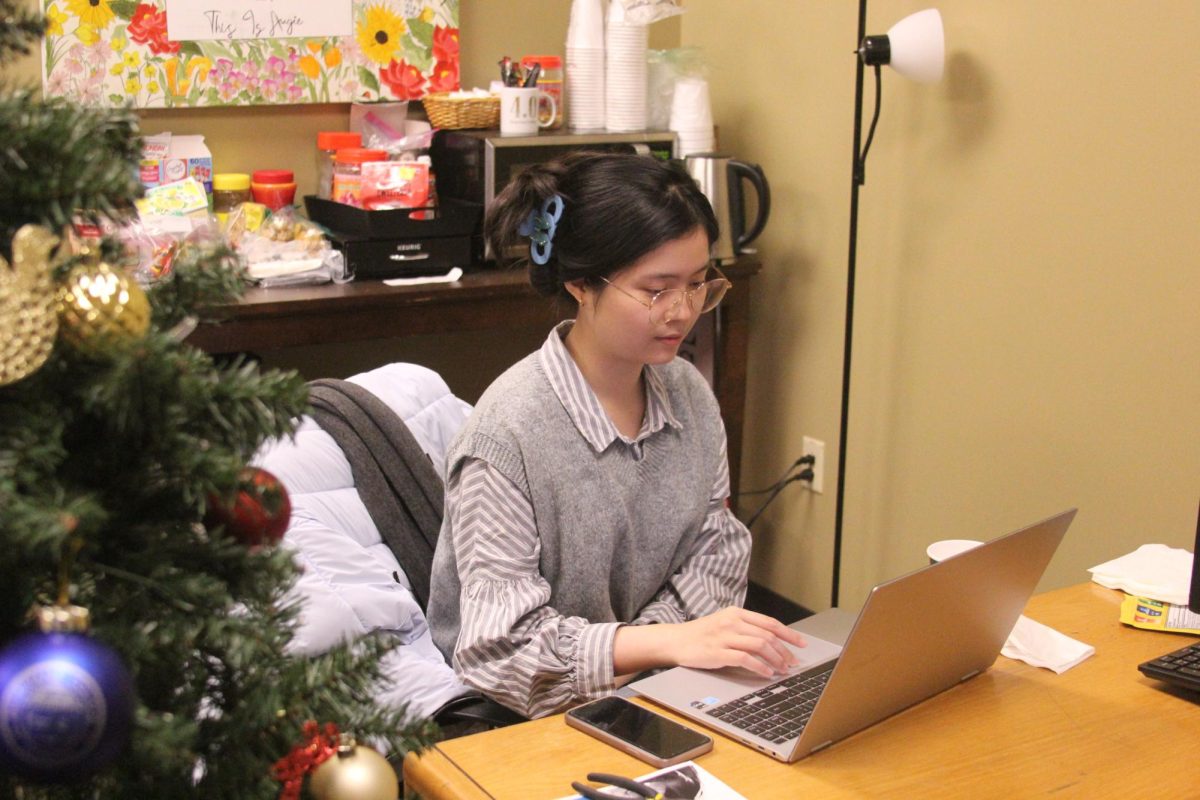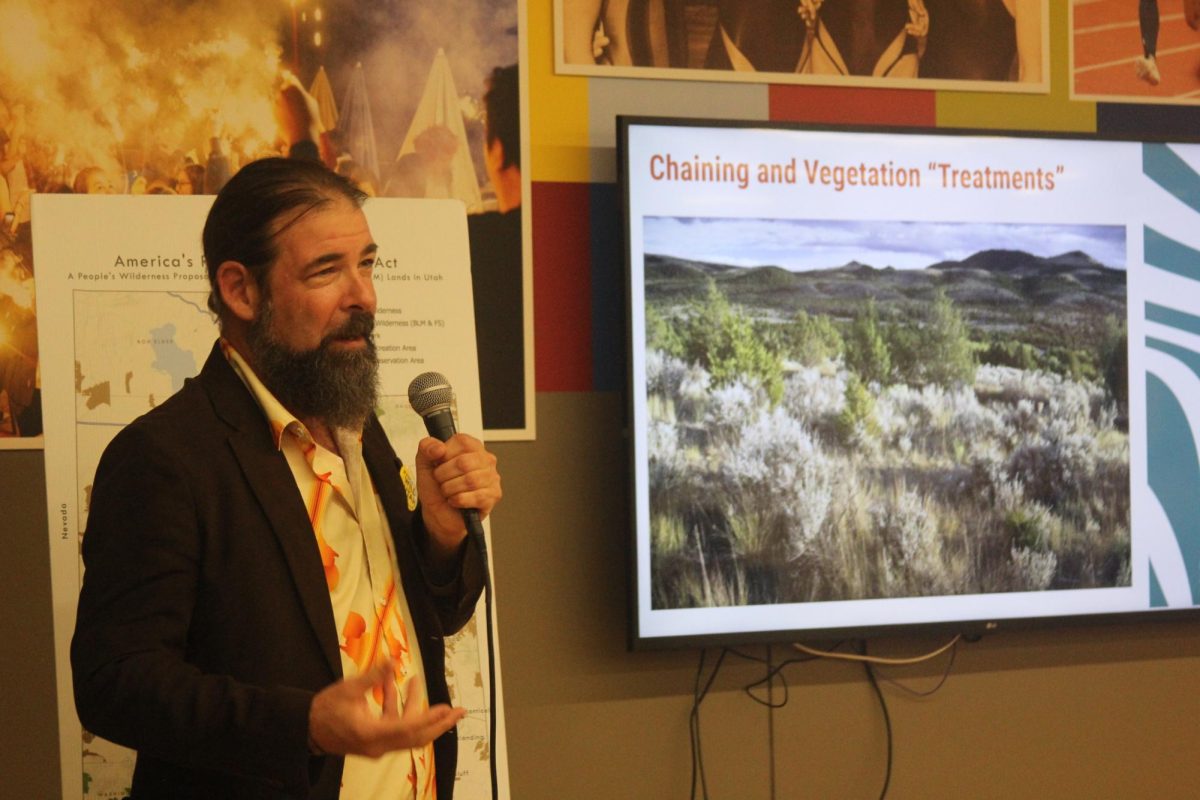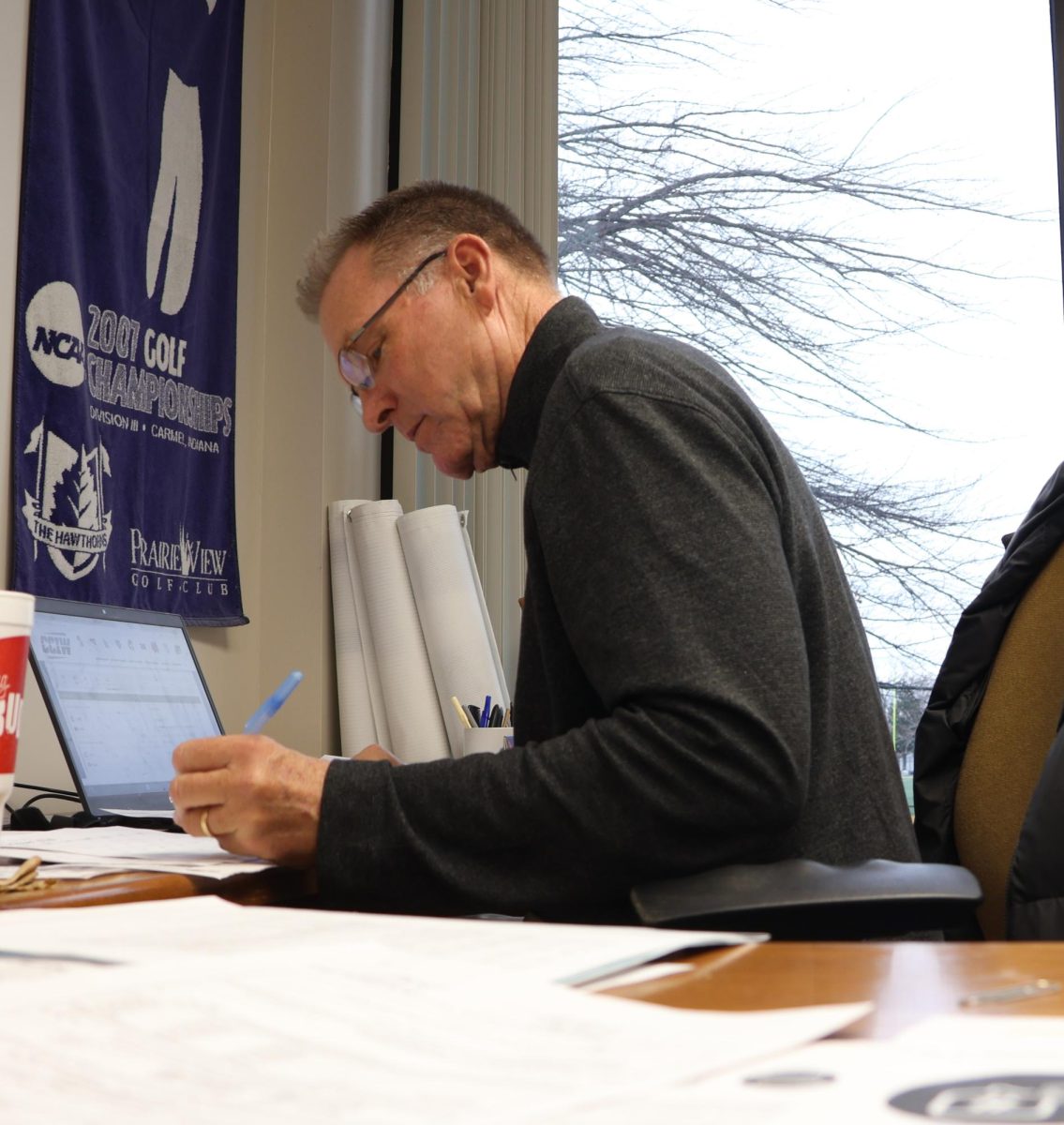News broke to the world on Monday that the Aral Sea is nearly dried up. This massive lake, once the fourth largest in the world, has been decimated by Soviet Russian irrigation projects, according to a report from NASA.
NASA posted satellite photos on their Facebook page of the difference in water levels between now and fourteen years ago, with startling differences.
A black line notes where the water had been 60 years ago, before the irrigation project began, nearly tripling the size of the visible lake in 2000.
The dried out lakebed is now a toxic wasteland from increasingly concentrated levels of salt and pollution in the shrinking lake, according to both NASA and CNN.
Blowing dust from the lakebed and polluted water are damaging the health and livelihoods of people around the lake and land dependent on the irrigation project.
Irresponsible use of resources is one of the main ways that humans contribute to the destruction of the planet. It leads directly to issues like climate change.
The intense drought that has ravaged California for months is linked to climate change, according to a Stanford University study published on Sept. 29 in the Bulletin of the American Meteorological Society.
This means that our global problems with water cannot merely be solved by preventing pollution of water. We must do more to wisely use our resources, and to treat our finite planet with care, in as many ways as we can.
The Environmental Protection Agency and water activist groups, such as Clean Water Action of California, cite several solutions to combat pollution and wasteful use of water.
Small things, such as recycling and being mindful of how drugs and toxic waste are disposed of, may seem like they don’t add up to much., when the reality is much different.
We fail to remember that with a population of over 7 billion people globally, the actions of a few aren’t as “few” as we would like to believe.
Our globe and our planetary resources have not expanded with our population. We are using up not only our water, but the Earth itself.
What will we do when the Great Lakes start to dry up? When there is no more oil or gas? When plants refuse to grow?
There needs to be more support for healthier, sustainable alternatives to destructive but profitable sources of energy and methods of production.
If we want to continue to live on Earth, we all have to seriously reconsider the way that we treat the planet that supports us.
Shrinking Aral Sea marks bigger problem
October 1, 2014
0
Tags:
More to Discover





































































































